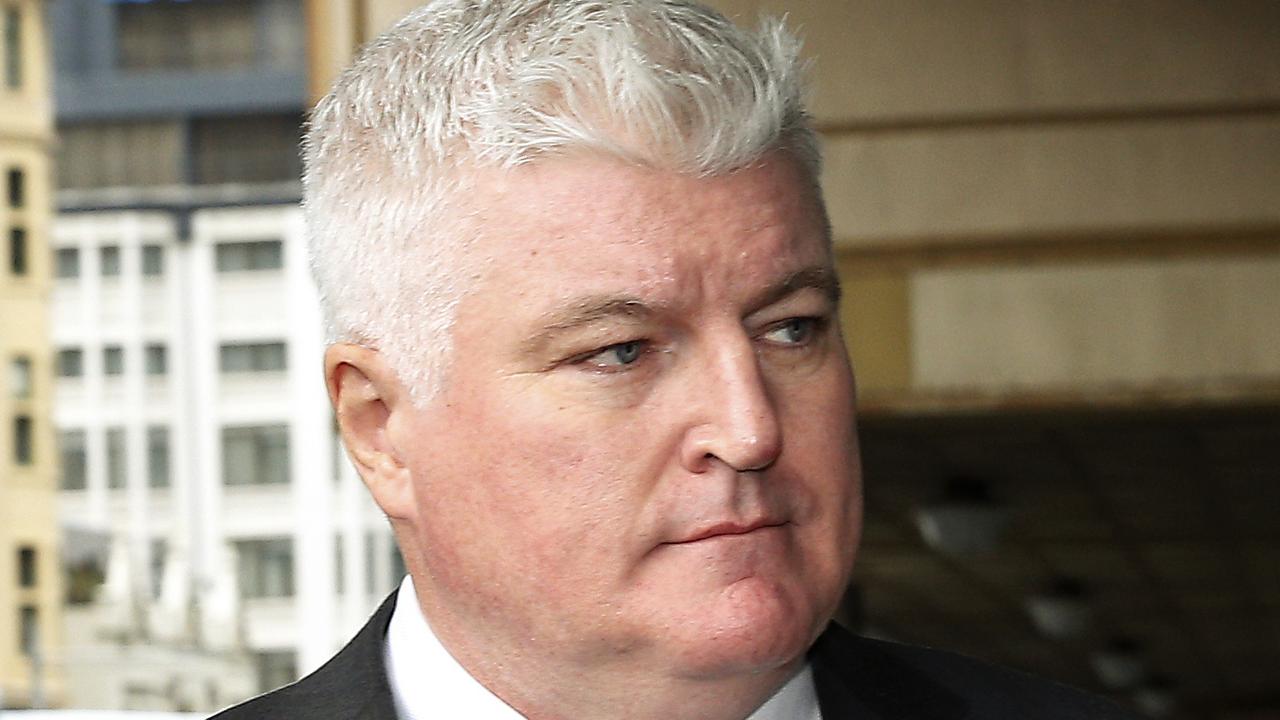Scams rise as hackers prey on disasters
The competition watchdog reveals hacking attacks have contributed to Australians losing more than $634m in scams.

Government agencies and departments vulnerable to targeted cyber attacks are urgently ramping up defence strategies, as new data from the competition watchdog reveals hacking attacks have contributed to Australians losing more than $634m in scams.
Amid calls from Scott Morrison for governments, businesses and operators of critical infrastructure to enhance their cyber security systems, the Australian Competition & Consumer Commission has said criminals were taking “advantage of new technologies”.
An ACCC Targeting Scams report released on Monday shows that between 2009 and 2019, Australian victims of scams reported losing more than $2.5bn. In 2019, there were eight times more reports of scamming compared with 2009, as international criminals target victims via social media, online shopping and phishing scams.
PDF: top scams by loss in 2019
In response to mass cyber attacks targeting Australia, which have been blamed on China, federal Finance Minister Mathias Cormann confirmed national cyber security experts were working “closely with state and territory governments”.
Senator Cormann said the states and territories were “aware of the challenges in this space”.
“We are facing an elevated threat and all of our relevant agencies at a national level are working to support state and territory governments in dealing with that threat,” Senator Cormann said.
Asked about China’s involvement, Senator Cormann said the Prime Minister had been “very clear that we are dealing with a very serious attack by a sophisticated state actor”.
“You’ve got to manage these things appropriately. You’ve got to know things with a higher level of certainty before you make any other assertions,” he said.
US Secretary of State Mike Pompeo at the weekend confirmed he had raised China’s “coercion” of Australia during talks with high-ranking Chinese diplomat Yang Jiechi in Hawaii.
West Australian Premier Mark McGowan said “every day there are … thousands of cyber security issues with the state government”.
Mr McGowan said malicious players trying to get access to WA government systems were being “picked up and dealt with”.
The NSW government, whose agencies have been targeted by the state-based actor campaign, is understood to not have had any of its systems compromised.
ACCC deputy chair Delia Rickard said that in 2019 there were more than 353,000 combined reports to Scamwatch, government agencies and the big four banks.
Ms Rickard said “business email compromise scams” accounted for the highest losses last year, with Australian businesses, suppliers and customers losing $132m. Romance scams, with fraudsters targeting victims online, was valued at $83m.
“We know these numbers still vastly understate losses as around one-third of people don’t report scam losses to anyone,” Ms Rickard said. “A new trend with dating and romance scams is scammers contacting the victim on social media apps or games which are not designed for dating, so it’s important to be aware that scammers can target you anywhere.”
Losses from Chinese authority scams, mainly targeted at Mandarin-speaking people in Australia, increased last year and have ramped up during the COVID-19 pandemic.
Cyber Security Co-operative Research Centre chief executive Rachael Falk said “there is no doubt that cyber scams are becoming more sophisticated”.
“While phishing scams are still the most widespread, we are seeing more highly convincing use of fraudulent identities for the purposes of cyber scamming,” Ms Falk told The Australian.
“What COVID-19 and bushfires have shown us is that cyber criminals are ready to take advantage of disasters, using people’s vulnerabilities and anxieties to prey on more Australians.”
Read more: The Australian’s Cyber Security Special Report







To join the conversation, please log in. Don't have an account? Register
Join the conversation, you are commenting as Logout